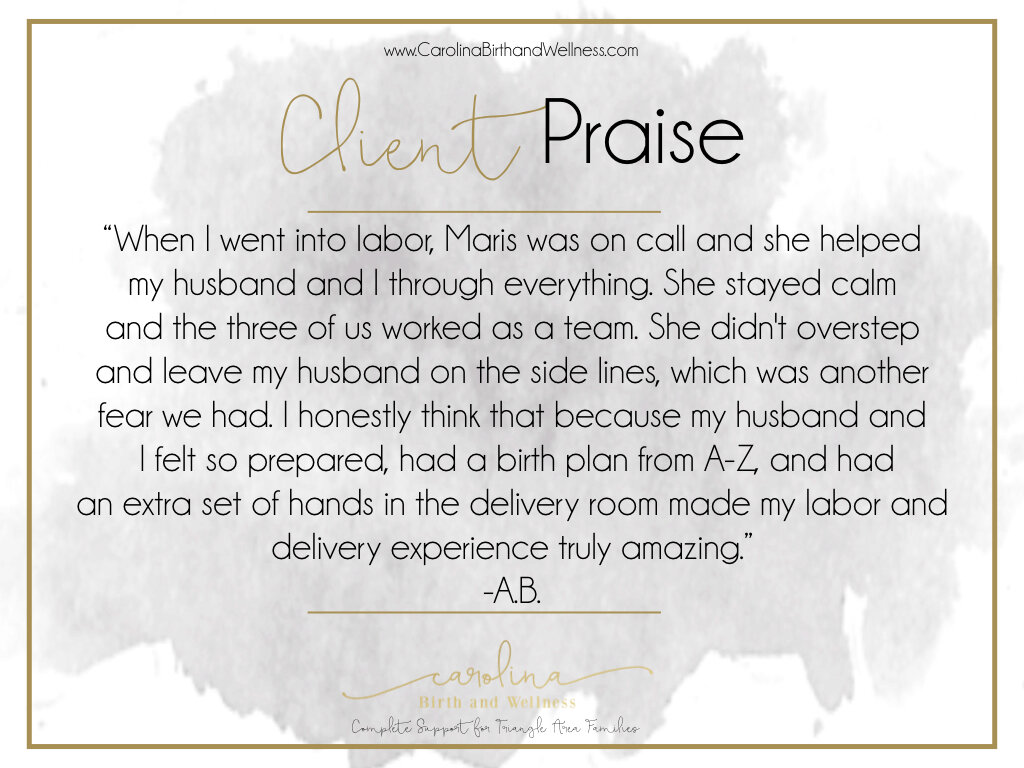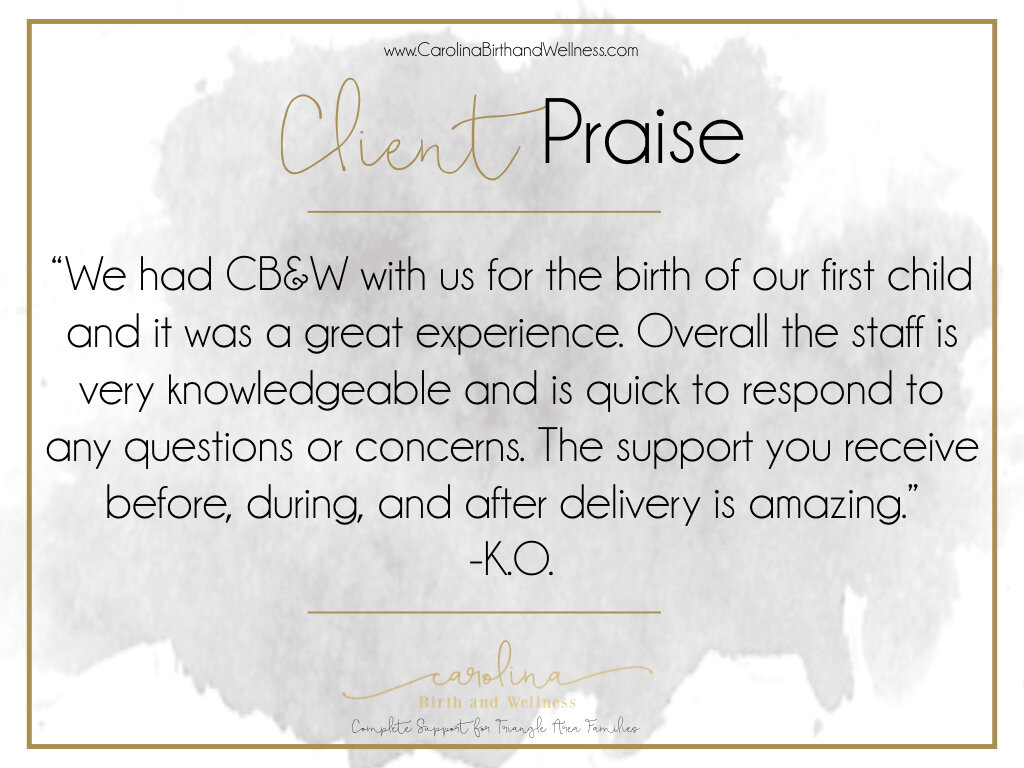9 Tips For Help With Gassy Babies
Having a gassy newborn or a gassy baby is very common, but that doesn’t make it any easier when it’s your uncomfortable baby! Our postpartum doulas work with many clients who are struggling with the gas issue, so we decided to share a few our favorite tips for helping with gas in newborns, and even with gas in older babies who may have moved onto solid foods. Our 9 favorite tips are as follows:
Infant Massage
Just like with prenatal and postpartum massages, infant massage is relaxing and therapeutic! Your baby will love receiving massages from you, and you will love learning how to massage their abdominal area to help relieve gas. Just remember; always go in a clockwise directions as that’s the direction of the colon! Our next group class is at Grow Eco Baby on May 4th, and we are always available for a private class!
Gentle Movements
Along with a tummy massage for babies, we also go over some gentle movements during our infant massage class. These are just simple stretches that help babies push anything out that is being stubborn. They include: bicycle legs, crossing legs and arms, knees to belly, and a few more!
Paced Feedings
Our postpartum doulas are experts at paced feedings! This process allows for your baby to work a bit harder while drinking from a bottle, which can mean they do not get as much milk or formula all at once. its our preferred feeding method when we support clients either during the day or night. A very simplified explanation of this amazing feeding technique is you hold the baby in a more upright position with the bottle at a 90 degree angle so they must work a little bit to eat, rather than laying them on their back and letting the milk or formula simply flow into their mouth. Paced feedings can help reduce some gas in babies who use bottles often.
If Breastfeeding, Check Latch
Some of our breastfeeding clients have said when their baby has a shallow latch, there is higher likelihood of gas occurring. Check that your nipple is touching the soft palate of your babies mouth is a great starting point for helping ensure that you have a good latch. Another great way to help with latch issues is try a different breastfeeding position. Our doulas love the football hold as its supportive for both you and the baby, and puts your babies mouth and your nipple in exactly the optimal nursing position.
Experiment with Different Holding Positions
Some parents notice that holding their baby in a different position can encourage movement to happen, but those various positions are as different as each baby. Some babies may have better movement while they are in a baby carrier, and some may be while they are being held against your chest. With newborns, reducing gas is about getting them to be as comfortable as possible, so give yourself permission to try a few different ways to hold your new baby!
Various Anti-Gas Products
There are a ton of products out there that some new parents swear by, whereas other parents feel are a waste of money.
- Gripe Water: A safe liquid infants can drink that may help relieve symptoms
- Windi: Made by the same people that make the amazing Nose Frida, the Windi helps get everything moving a bit better.
- Mylicon Drops: Safe drops that can be given to infants as needed
If Breastfeeding, Track Your Diet
Sometimes gas is really gas, but other times it can be a sign of a food insensitivity or allergy. While we as doulas would never recommend that you begin an elimination diet, you can begin to track what you are eating while you are breastfeeding. If you notice any correlation, mention it to your pediatrician, and they can discuss how to safely eliminate possible allergens from your diet that are being passed to your baby via your breastmilk.
If Your Baby is Eating Solids, Track Their Diet
Certain foods may not interact well with their bodies, so start looking for a correlation. Some clients have said various veggies and particular grains didn’t interact well with their babies gut, so simply by eliminating those foods, the gas issue was resolved.
And Honestly, Our Best Piece of Advice: Just Wait it Out
Newborns are just gassy. Their digestive systems are brand new, not populated by gut flora, and they don't have the ability to wiggle themselves intentionally to help with the discomfort. Talking with your pediatrician can help ease any worries you may have, but around 4-6 weeks, things start to even out.









